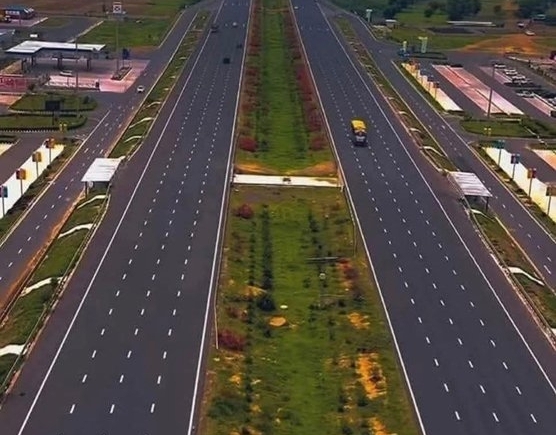Price of animal feeds has increased by Sh400 in a span of one month, feed manufacturer association has said.
According to Martin Kinoti, secretary general Association of Kenya Feed Manufacturers [AKEFEMA] said the cost of animal feeds has gone up by Sh300 to Sh400 per 70 kg in the last two weeks.
Kinoti said this is mainly driven by the rising cost of maize, which is a main raw material for feed production, and has shoot to Sh4,200 per 90 kg bag from less than Sh3,000 at the same period last year.
He also attributed this to the scarcity of soya which has gone up from Sh90 in 2020 to the current price of Sh120 per kilo.
He was speaking on Monday during a media briefing on the current status of the animal feed sector in Kenya.
"These prices are likely to go up again in the next one week due to the prevailing high cost of raw materials," said Kinoti.
Currently, daily meal is retailing at Sh2,500 per 70kg per bag, layers at Sh3,500, broiler starter mash at Sh4,750 per 70 kg bag and pig feed is averaging at Sh2,550.
Kinoti said currently, without sounding alarmist, the situation is worse than it was last year.
“The prices of both grain and by products used in the feed milling has risen by over 40 percent in the international market. Only two weeks ago the cereal millers explored the government lift the ban on importation of wheat from India in order to bridge the current wheat deficit in the country. The situation is the same with maize grain who’s by products accounts a large percentage in feed manufacturing,” he said.
John Gathogo, from AKEFEMA said this month alone, a 70 kg bag of animal feed has increased twice, each time at Sh200.
“Prices of maize have gone up due to scarcity of the commodity across the East African region. Two weeks ago, we (feed millers) were buying a 90 kg bag of maize at Sh3,600. In a span of two weeks, the price has gone up by Sh600-Sh800 to the current price of between Sh4,200 to Sh4,300,” he said.
Gathogo said they are currently sourcing maize from Tanzania but they are almost exhausting this while in Uganda, the commodity is not available at all.
“We are calling upon the Ministry of Agriculture to allow feed millers to buy maize being held at the National Cereals and Produce Board (NCPB) as Strategic Food Reserve at a subsidize rates in order to cushion farmers,” he said.
In August 2021, AKEFEMA petitioned the government to rescue the feed sector from eminent collapse due the escalating prices of raw materials used in feed milling.
“We continued to engage the relevant State Departments in order to contain the situation, but, during the Mashujaa Day celebration in Kirinyaga County, President Uhuru Kenyatta directed Agriculture CS to develop a framework within a week that will reduce the cost animal and poultry feed,” said Kinoti.
On 10th December, 2021, the CS, National Treasury published Notice waiving import duty for gazette companies to import raw materials for exclusive use by feed manufacturers.
However, the Gazette notice strictly imposed a 100% non-GMO importation of raw materials unlike previous waivers that provided for the application of EU standards at 99.1 percent non GMO Standards.
Kinoti added that this complicated the ability of the gazette millers to source the raw materials in the global market due to unavailability of the 100 percent non-GMO as well as the uneconomically viable cost of landing in Kenya.
In February this year, AKEFEMA further petitioned the CS to modify the Gazette Notice to order to conform to previous Notices allowing for 99.1 percent non-GMO importation of raw materials as per EU standards.
“This modification would automatically allow the millers to source the raw material which are readily available in the global market. In March 2022, the Working Committee convened and approved the proposal as an immediate measure to mitigate the dwindling source of raw materials. Unfortunately, as at Thursday 14th April 2022, the Notice has not been published and neither measure (s) have been undertaken to resolve the crisis in the livestock feed sub-sector almost a year since we raised the red flag,” Kinoti concluded.












